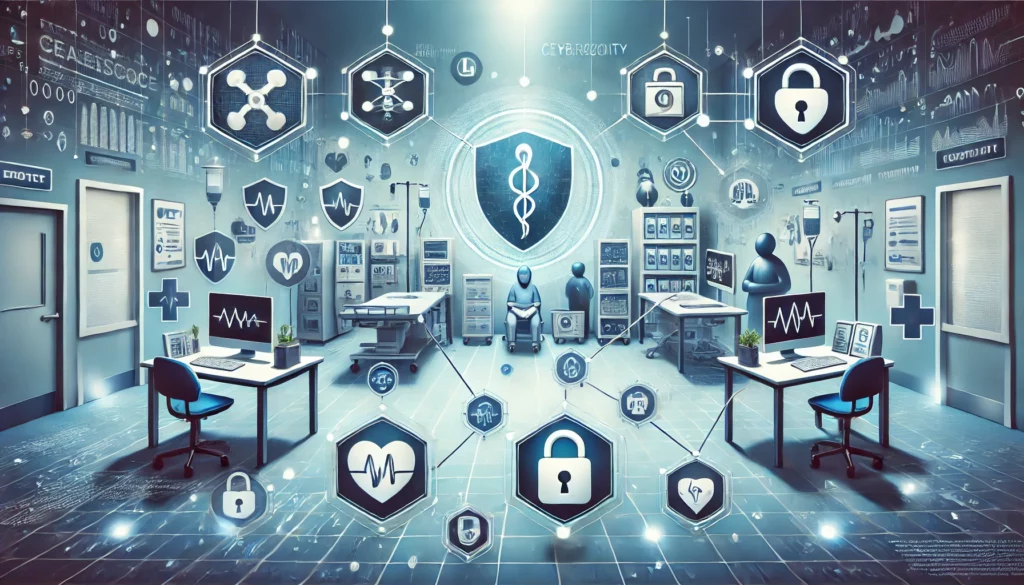The healthcare sector has emerged as a primary target for hackers, jeopardising vital patient information and essential systems. The significance of cyber security in healthcare is paramount, as breaches can have grave effects on both patient safety and organizational integrity.
Safeguarding Patient Information
Healthcare providers retain enormous quantities of sensitive patient information, encompassing medical histories, personal data, and financial details. A data breach may result in identity theft, financial fraud, and perhaps compromise patient care. Cyber security protocols, including encryption, multi-factor authentication, and secure data storage, are essential for protecting this information.
Mitigating Interruptions to Essential Systems
Healthcare organisations depend on digital technologies for several functions, including patient information and critical medical equipment. A cyberattack that impairs these systems could have catastrophic outcomes, postponing care and potentially endangering lives. Securing networks and systems using firewalls, ongoing monitoring, and routine updates is essential for preserving operational integrity.
Adherence to Regulations
Healthcare organisations are required to adhere to numerous rules, including HIPAA (Health Insurance Portability and Accountability Act), which enforces stringent security measures to safeguard patient information. Non-compliance may lead to substantial fines and legal repercussions, rendering cyber security not merely a technological imperative but also a legal requirement.
In summary, the healthcare sector is particularly susceptible to cyberattacks, necessitating the protection of patient data, the security of crucial systems, and adherence to regulatory compliance as vital measures to mitigate these risks. Healthcare organisations must prioritise cyber security to uphold confidence, safeguard patients, and ensure operational continuity.
